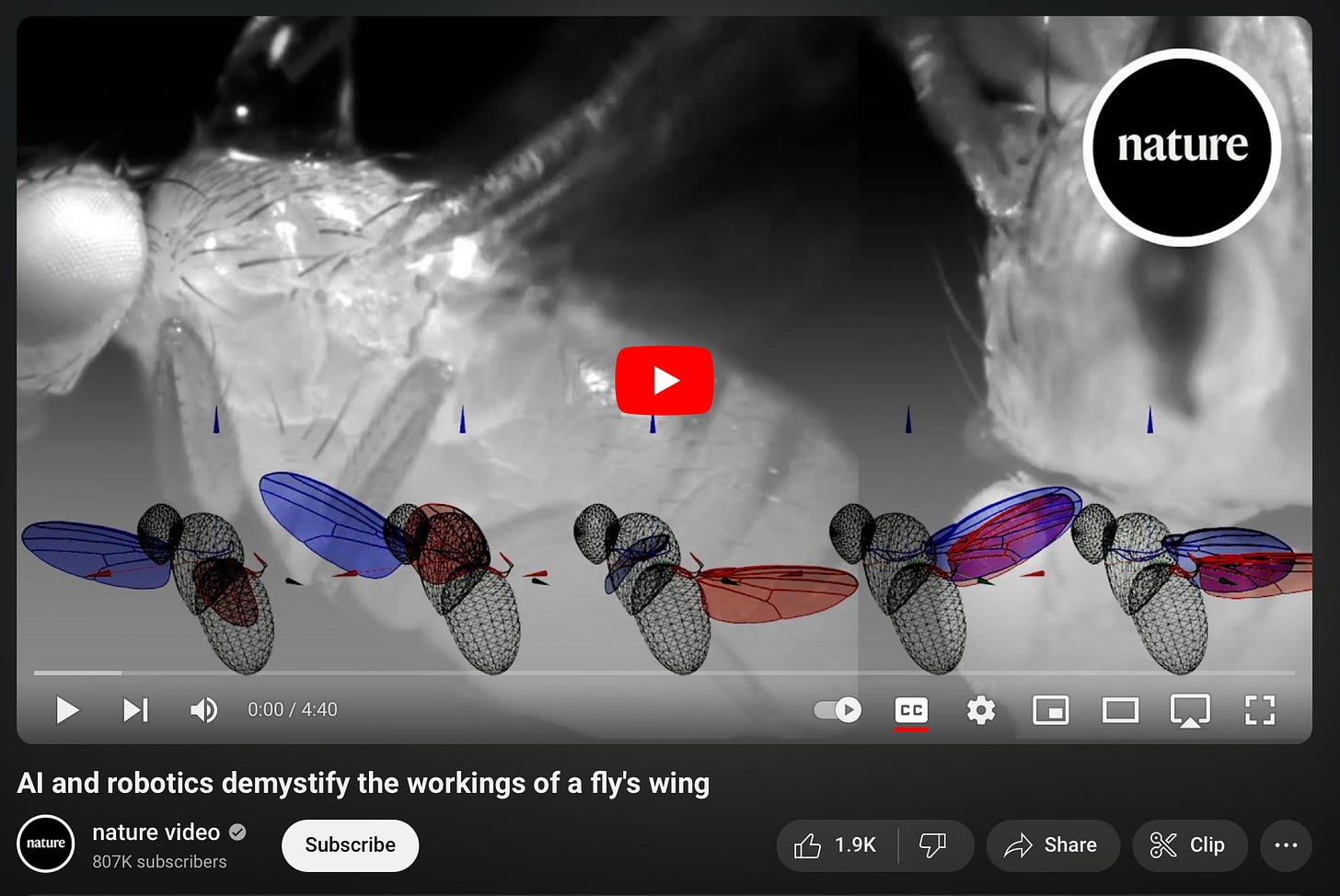The Strangeness of Things…
Weird comes in many forms
I was talking to someone recently about Idealism. I said I had discovered that I am an idealist of sorts, but that my idealism isn’t the kind that I, at least, used to think of as idealism. And that’s because I know too much about natural science, biology in particular. Any “idealism” that can’t accommodate the astonishing detail of physical reality just won’t do. It may be easier for a theoretical physicist to be an “idealist” than for a geologist or a biologist. I don’t have data, this is just a guess, but I bet there are more theists among physicists than among biologists. And in my version of idealism it just won’t do to say that “everything is really Mind.” A mind/matter dualism makes no sense, but any alternative has got to have a very sophisticated understanding of the materiality of things. Which is why I tend to like complicated ontologies. Here is an example that’s familiar to me, although I have to say, the details of this analysis really blew me away. What a piece of work this is! I’m familiar with these structures and their workings, but the detailed analysis here is stunning. One thing I might add to this little video is that we also can be boggled to think about the small number of embryonic or here, pupal, cells that give rise to these structures - how do they manage to produce such complexity with such precision? It’s a very amazing process that no one understands in any level of detail. I suggest watching this little video a couple times while thinking about the size of the organism in question… 😳 [A click on the picture will take you to Youtube].
For something ENTIRELY different I suggest you listen to this podcast episode in its entirety. Once the intro things are over we hear Dr. Masters explain some of the detailed physical anthropology he thinks may be consistent with his extratempestrial theory of the nature of “UFO visitors.” Even if you think it’s stuff and nonsense, listen anyway. He’s a serious guy with real science behind his ideas. This part gets a bit tedious, for sure. BUT what happens next is worth waiting for. He tells his own story of “contact” for the first time to the folks he’s speaking to. I think you‘ll agree that he is totally believable, and compelling. At one level the story isn’t wildly weird. It’s kind of prosaic. Except for the telepathy and the bizarreness of the whole narrative. It’s that mixture of seeming almost-normality mixed with the Impossible that stays with you. What are we to do with this…? [Click on the image and it will try to take you to Apple Podcasts - if that fails, you can find The UFO RABBIT HOLE in any podcast player.]





Thanks, the material you share never disappoints, whether it's books, videos, or podcasts. I also appreciate the science behind both of these selections.